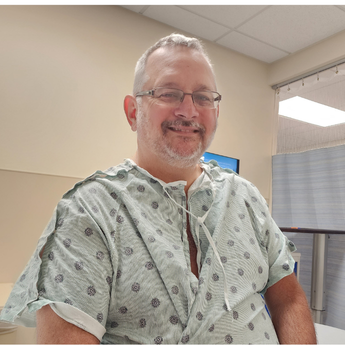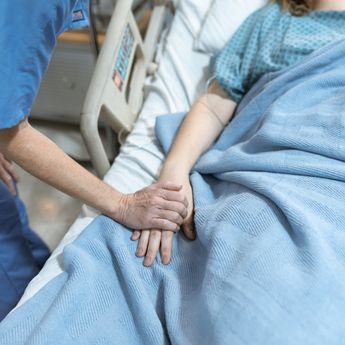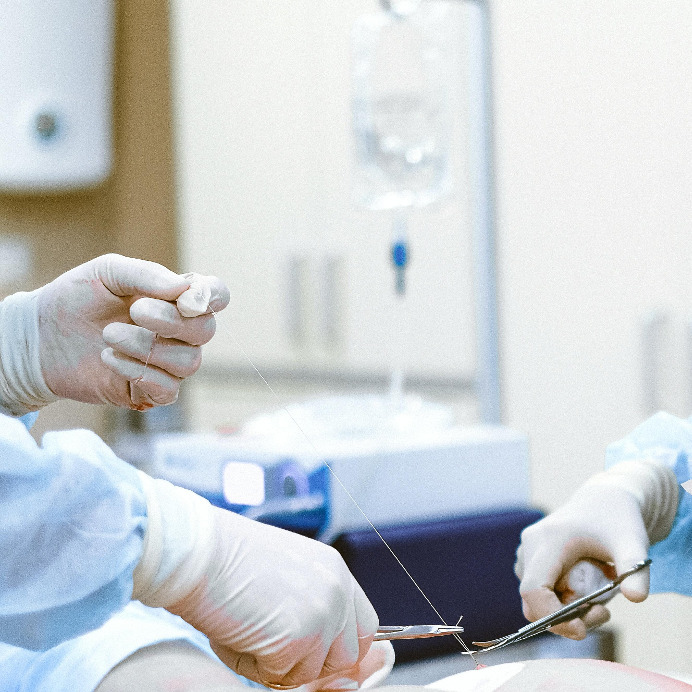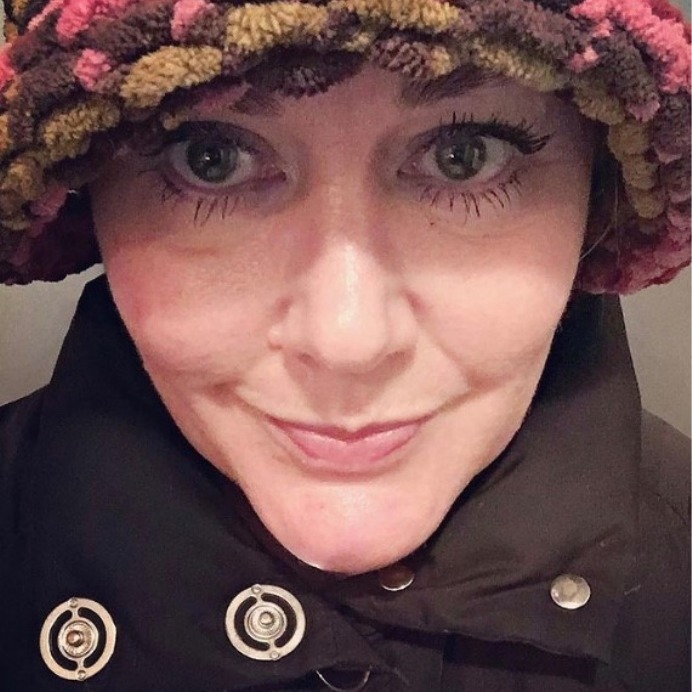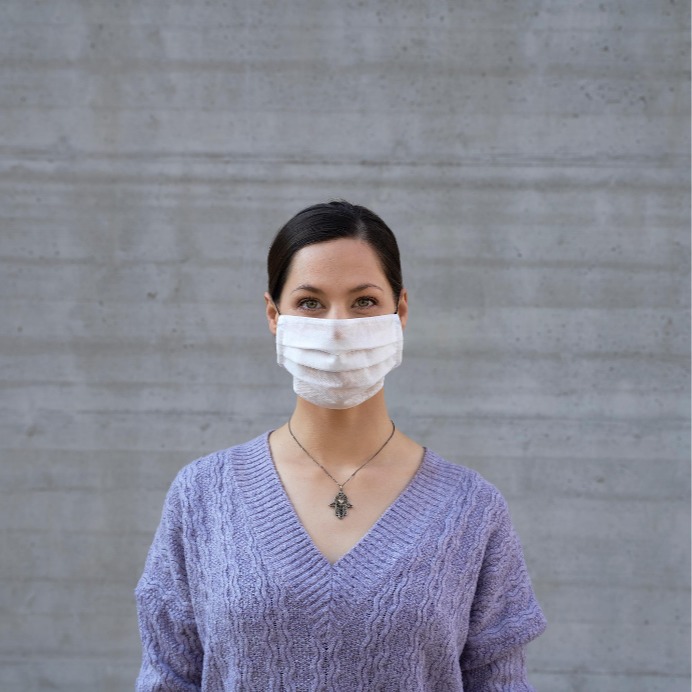By continuing to use our site, you consent to the processing of cookies, user data (location information, type and version of the OS, the type and version of the browser, the type of device and the resolution of its screen, the source of where the user came from, from which site or for what advertisement, language OS and Browser, which pages are opened and to which buttons the user presses, ip-address) for the purpose of site functioning, retargeting and statistical surveys and reviews. If you do not want your data to be processed, please leave the site.
The Voice of People With Breast Cancer
Education
Our Voices Blog
Tag : surgery
SOAR Above the Crows – Life Following Male Breast Cancer
It was here that the word cancer was brought up for the first time, as the radiologist took me in for a CAT scan. His words were startling yet his tone comforting as he said, “You know, men can get breast cancer too. Peter Criss from KISS had it. I’m not saying you do, but just wanted you to know.” The scan showed something and I was recommended to see my doctor. Being based in the U.S, I had no insurance at the time, and I was bounced around with one county doctor telling me, “Ehh, it’s most likely not cancer. That would be rare.” But my girlfriend wasn’t settling for “probably,” she wanted to know and to be honest, I did too.
The Messy, Honest Truth About Diagnosis, Recovery and the Emotions No One Talks About
I’m an open book about breast cancer. I’ve chosen to be vocal because I want to wipe out stigma, shine light on little-talked about topics and help other women feel less alone. When I was first diagnosed with breast cancer, it didn’t cross my mind that one day I’d want to share all the details about my personal experiences with cancer by writing a monthly column, but life is weird and here I am. And I’m grateful. Especially when I receive a direct message on my Instagram from a woman I don’t know, who is dealing with her own breast cancer diagnosis and looking for support.
My Breast Cancer Surgery
When I was 15, I ended up in hospital with a ruptured, grapefruit-sized cyst on my left ovary. Two years later, another cyst required a second surgery. Years later, in my early 30s, a perforated appendix landed me back on the operating table. So, when I was diagnosed with breast cancer and surgery became part of my treatment plan, it felt old hat.
Dancing Through Diagnosis, part 2
There was a total of three oncologists from different areas of care that I would meet along the way. Then there is my plastic surgeon! The beginnings of a joke. Three oncologists and a plastic surgeon go into a bar... If you have a good joke for this scenario, I would love to hear it. But this is the thought that keeps popping into my head every time I am told about my surgical team.
How Surgery, Treatment & Tamoxifen Impact Your Sleep
I vividly remember the first night, after I found out I had breast cancer. I was lying in bed, wide awake with my eyes closed, listening to Trixie the cat purring beside me. My body was heavy, but my mind was wild, racing with thoughts of nothing and everything all mashed together. That was the beginning of a new kind of insomnia. Not the kind where you just can’t fall asleep, but the kind where sleep feels like something you used to do in a different lifetime but can’t access any more.
What Were You Reading? Our Top 10 Blog Posts of 2024
As we look ahead to 2025, we reflect on the incredible strides made in breast cancer awareness, research, and support. The past year brought new insights, inspiring stories, and innovative developments in breast cancer research. To kick off the new year, we've curated a list of blog posts that have generated the greatest interest in our community over the past year.
Tears and Laughter – My MBC Story, Part 1
I was unprepared for the results received on a brilliant April afternoon. Looking back, I may have wondered at being the last patient in the waiting room, or the offer of a cup of tea as I was shown a seat. The lump was an invasive ductal carcinoma – I had breast cancer.
Navigating persistent pain after breast cancer surgery: Challenges and solutions
Advances in the screening and management of breast cancer have resulted in substantial improvements for those diagnosed with the disease. Patients are living much longer after a breast cancer diagnosis, which is a major accomplishment of modern medicine. However, since patients are living longer, the complications associated with treatment (such as surgery, radiation, and chemotherapy) are becoming increasingly apparent. One such complication is the development of persistent pain in the area of breast cancer resection.
Double Mastectomy: Ups, and Downs, and Everything in Between
I hadn't been feeling well in December of 2021. My family physician was not taking me seriously, so my husband intervened. He insisted on a full work up with all of the necessary tests. I don't know where I would be if my husband had not stepped in when he did. Tests were ordered and a mammogram was scheduled but not until March of 2022.
Navigating Life's Tough Challenges: Building Resilience in the Face of Adversity
When I received the news that I had breast cancer, my world seemed to crumble before my eyes. Overwhelmed, vulnerable, and defenseless, I faced a daunting journey ahead. As a seasoned business owner, I had encountered my fair share of adversity, but nothing could prepare me for this level of fear. For the first time, I found myself fearing the unknown, dreading the loss of everything: my health, my quality of life, my business, and all my assets. How could I possibly endure this?
Adaptive Fashion for Breast Cancer Patients
Breast cancer and its various treatments can change your body in many ways: weight gain or loss, tenderness, lymphedema (swelling in the limbs), partial or complete mastectomies, prosthetic breasts. This might mean that your old or favorite clothing may not fit, or fit properly any longer, and it can be difficult to find outfits that you can feel good in. It may be time to have a heart-to-heart with your closet, and explore some of the options for comfortable, adaptive clothing that can make you feel confident and excited about getting dressed again.
Questions & Experts: A Lymphedema Therapist Answers Your Questions about Breast Cancer-Related Lymphedema
In today’s post, we provide the questions that were sent in and asked during the live session of our Questions and Experts session held on February 20th, 2023. In this session, Certified Lymphedema Therapist Marize Ibrahim answers your questions about breast cancer-related lymphedema.
Reason #4 That Cancer Still Sucks: Surgery Can’t Prevent Recurrence
In this blog series, we present excerpts from Dr. David Stewart’s book A Short Primer on Why Cancer Still Sucks. The fourth reason that cancer still sucks is that it can recur in some patients even if it appears to have been removed completely by surgery. Surgery is not even an option for many patients.
When Was the Last Time You Asked Yourself: Are You Okay?
I’ve been watching Harry & Meghan, the documentary series on Netflix. I’m not a royal’s buff or even a fan, well, except for Princess Diana (I thought she was great). No, I started watching the series for boredom’s sake, because I needed a new show. I figured that because I like docu-series and because I couldn’t watch what I really wanted to—the Kardashian’s new reality show because I don’t have Disney+—this was it. So, I clicked play and about five minutes into Episode 1, I was hooked.
Eight Items That Helped Me Recover from Breast Cancer Surgery
The day my doctor told me I had breast cancer was the same day I met my surgeon and was scheduled for a partial mastectomy (otherwise known as a lumpectomy), breast-conserving surgery. It’s not surprising. The Canadian Breast Cancer Society attributes breast cancer as being the most commonly diagnosed cancer among Canadian women and the second leading cause of cancer death in Canada, so booking a surgery right away is a priority.
Three Things to Know Before Your Lumpectomy
I’m a talker. I like to communicate and sometimes, okay often, I’m an over-sharer. I need to know what’s going on and why and in my version of yin and yang, I believe that because I’m an open book everyone else will be too. Except, not so much.
Coping With Scanxiety
Scanxiety may not officially be a real word, but the feelings it brings about are real. Very Well Health defines scanxiety as the term used to “describe the anxiety people with cancer feel while waiting for scans”. Regardless of whether the scans are for diagnostic purposes, monitoring treatment, checking recurrence or as a check-up, individuals can experience apprehension before, during, and while waiting for the results of their scans. The apprehension and fear that is felt can range from feeling claustrophobic in the scan machine to imagining the worst-case scenario of the scan results. Many people experience scanxiety so it is important to learn coping techniques that help eliminate the anxiety.
Have Hair, Do Care
Breast cancer made my hair thicker. And wavy-er. Not right away obviously. It’s not like it was a special prize I was gifted with to make up for the shock and fear of being diagnosed with breast cancer.
Is It Safe To Go For Cancer Treatments During the COVID-19 Pandemic?
The COVID-19 pandemic has been particularly concerning and challenging for many cancer patients and their families. As you’ve most likely heard by now, cancer patients and survivors may be at higher risk of complications from COVID-19 because cancer and cancer treatments can contribute to weakened immune systems. This has left many patients with questions on how best to navigate their cancer care, including whether it is safe to continue their treatment, will their health care be de-prioritized by the healthcare system and how they can reduce their risk of contracting the virus.
Care giving and care receiving
We all, at some point, need to take on the role of caregiver. For some of us, that time coincides with us needing care as well. At a time when my husband was recovering from heart surgery and anticipating a kidney transplant, where I was to be his donor, I was diagnosed with breast cancer. My surgery was scheduled quickly, and I was spared the ordeal and trauma of radiation and chemotherapy, which I am forever grateful for. However, the emotional toll it took was immeasurable.

